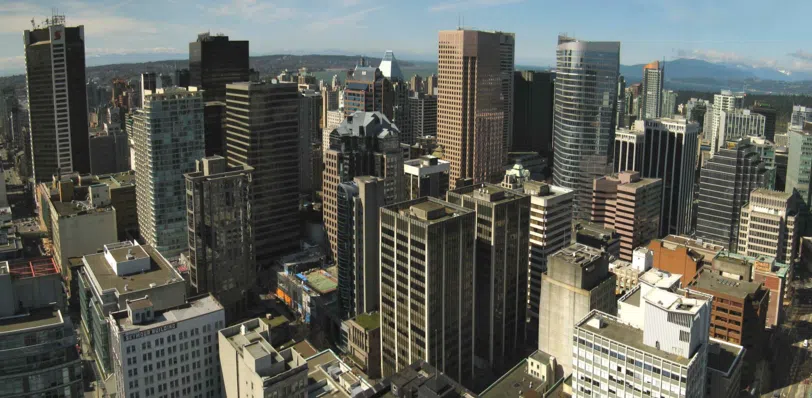
Vancouver’s hot housing market could have negative impacts: expert
VANCOUVER — Sellers are celebrating a banner year for Vancouver’s real-estate market, but critics say the high prices could create problems for the region’s economy and environment.
The benchmark price for residential property in Metro Vancouver was $752,500 in November, up nearly 18 per cent from 2014, according to the Real Estate Board of Greater Vancouver.
The high prices aren’t stopping young people from looking to buy, however. Dan Morrison, the board’s president-elect, said he’s working with a lot of first-time buyers who want to get into the market but are having difficulties finding a home because they are outbid time and again.
The veteran realtor advises young clients to keep searching but warns they may need to change their expectations and start looking farther afield.


